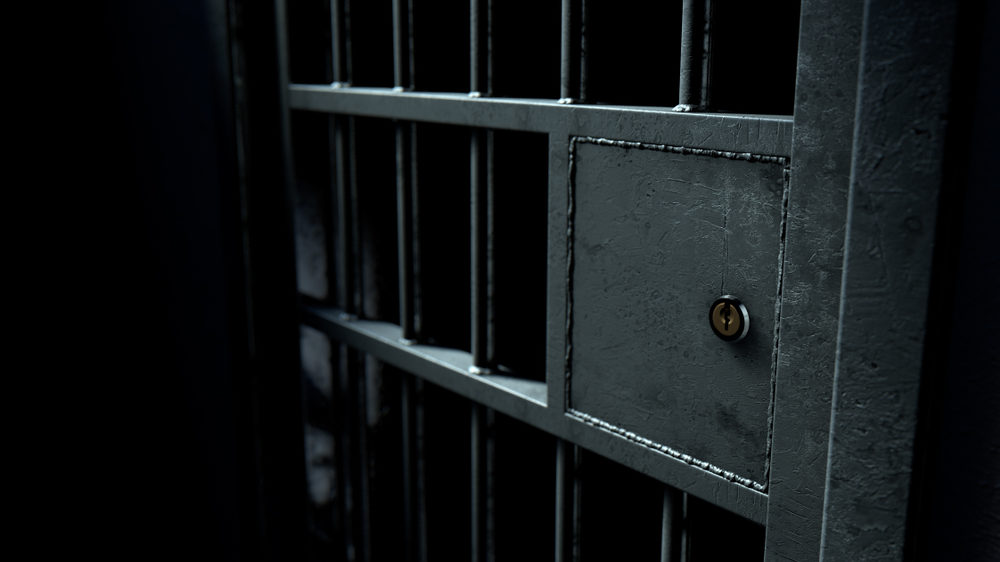
Chicago, IL – A wave of lawsuits filed Monday, September 23, 2024, accuse Illinois juvenile detention centers of widespread sexual abuse spanning decades. Over 200 men and women claim they were sexually abused as children while in custody at these facilities between 1996 and 2021. These new filings bring the total number of alleged victims to 667 since May. The accusations cover both state-run and Cook County facilities, with some victims as young as 11 years old.
Disturbing Allegations Add to the Evidence of Systemic Abuse in Juvenile Detention Centers
The lawsuits detail horrific acts including rape, forced oral sex, and physical assaults perpetrated by corrections officers, medical staff, kitchen workers, chaplains, and others. One lawsuit states that Illinois “has caused and permitted a culture of sexual abuse to flourish unabated” in its youth facilities.
Graphic Accounts from Survivors of Sexual Abuse at Juvenile Detention Facilities
Several plaintiffs have provided chilling first-hand accounts, including testimony about a chaplain in St. Charles who allegedly isolated children before subjecting them to sexual abuse. Reports indicate that some survivors were as young as 11 years old at the time of the incidents. Many of the accused are not named in the lawsuits but are described by physical traits or nicknames.
Alarming Patterns of Sexual Abuse and Repeat Offenders Revealed
Monday’s complaints, representing 272 individuals, unveil a disturbing trend of repeat offenders. While some have prior sex crime convictions, these do not relate to the current allegations. Notably, at least one accused employee still works for the state.
The largest lawsuit includes 222 plaintiffs—mostly Illinois residents—detailing abuse at nine state-run youth detention centers, five of which have closed. The over 400 pages of accounts reveal similar experiences, where abusers used intimidation, threatening beatings and solitary confinement for reporting abuse. Others were offered extra food and rewards to keep quiet, fostering an environment of fear and complicity.
Lawsuits Against Illinois Youth Center Facilities
The lawsuits seek significant damages, with one asking for roughly $2 million per plaintiff from the state. Another lawsuit targets Cook County and the Juvenile Temporary Detention Center in Chicago, seeking over $100,000 per plaintiff. A second lawsuit focuses on the Juvenile Temporary Detention Center in Cook County, where 50 plaintiffs allege that abuse frequently occurred during unlawful strip searches. This facility has faced scrutiny for years, with a history of allegations regarding poor conditions and inadequate care.
Read about previous lawsuits filed and allegations against employees at the facilities:
Calls for Accountability in Systemic Abuse
Despite the gravity of the accusations, few cases have been resolved in court, and arrests are rare. Officials from the state and Cook County have refrained from commenting due to pending litigation, leaving many survivors feeling abandoned in their fight for justice.
A press conference featuring survivors is scheduled for Tuesday, signaling a continued push for awareness and accountability regarding the systemic issues facing juvenile detention centers in Illinois.
Legal Options for Survivors of Abuse While Detained in Juvenile Detention Facilities
The recent wave of lawsuits against Illinois and other state juvenile detention centers has brought attention to the long-lasting impact of childhood sexual abuse. As survivors come forward with their stories, many are left wondering about their legal rights and how to hold responsible parties accountable. To address these pressing questions, we spoke with Erv Nevitt, an experienced sexual abuse attorney in Illinois. In this interview, Nevitt offers valuable information on the legal recourse available to survivors, the statute of limitations for filing claims, and the steps victims can take to seek compensation and justice. His insights provide a roadmap for those affected by abuse in youth detention facilities and highlight the importance of legal support in these complex cases.
Laurence Banville, Esq.: Mr. Nevitt, what legal rights do victims of sexual abuse in youth detention facilities have?
Erv Nevitt, Esq.: Victims have the right to file civil lawsuits against the facilities and individuals responsible for their abuse. These suits can seek compensation for physical and emotional damages, as well as hold negligent parties accountable.
Banville: How long do victims have to file a lawsuit?
Nevitt: In Illinois, the statute of limitations for childhood sexual abuse cases is quite generous. Victims can file a lawsuit up to 20 years after they turn 18 or within 20 years of realizing they were abused. This extended timeframe recognizes the complex nature of processing childhood trauma.
Banville: What steps should victims take to pursue legal action?
Nevitt: Victims should consult with an attorney experienced in handling sexual abuse cases as soon as possible. We can help gather evidence, identify responsible parties, and navigate the legal process. It’s also important for victims to seek mental health support, as these cases can be emotionally challenging.
Reach Out for Support: Free Consultation Available for Victims of Abuse at a Juvenile Detention Center
If you or a loved one has experienced sexual abuse in a youth detention facility, it’s important to know that you are not alone. Legal options are available to help you seek accountability and compensation for the harm endured. We encourage victims and their families to contact us for a free consultation. Our dedicated team is here to listen, provide guidance, and support you through this challenging journey. Don’t hesitate to reach out—your voice matters, and justice is within reach.
Source:

Mr. Banville is a personal injury attorney who has experience in handling auto accidents, work injuries, medical malpractice, dog bites, slip and falls, and representing survivors and victims of sexual abuse. Mr. Banville is affiliated with law firms in Pennsylvania, New York, New Jersey, Delaware, D.C., and Maryland. Abuse Guardian










Comments for this article are closed.